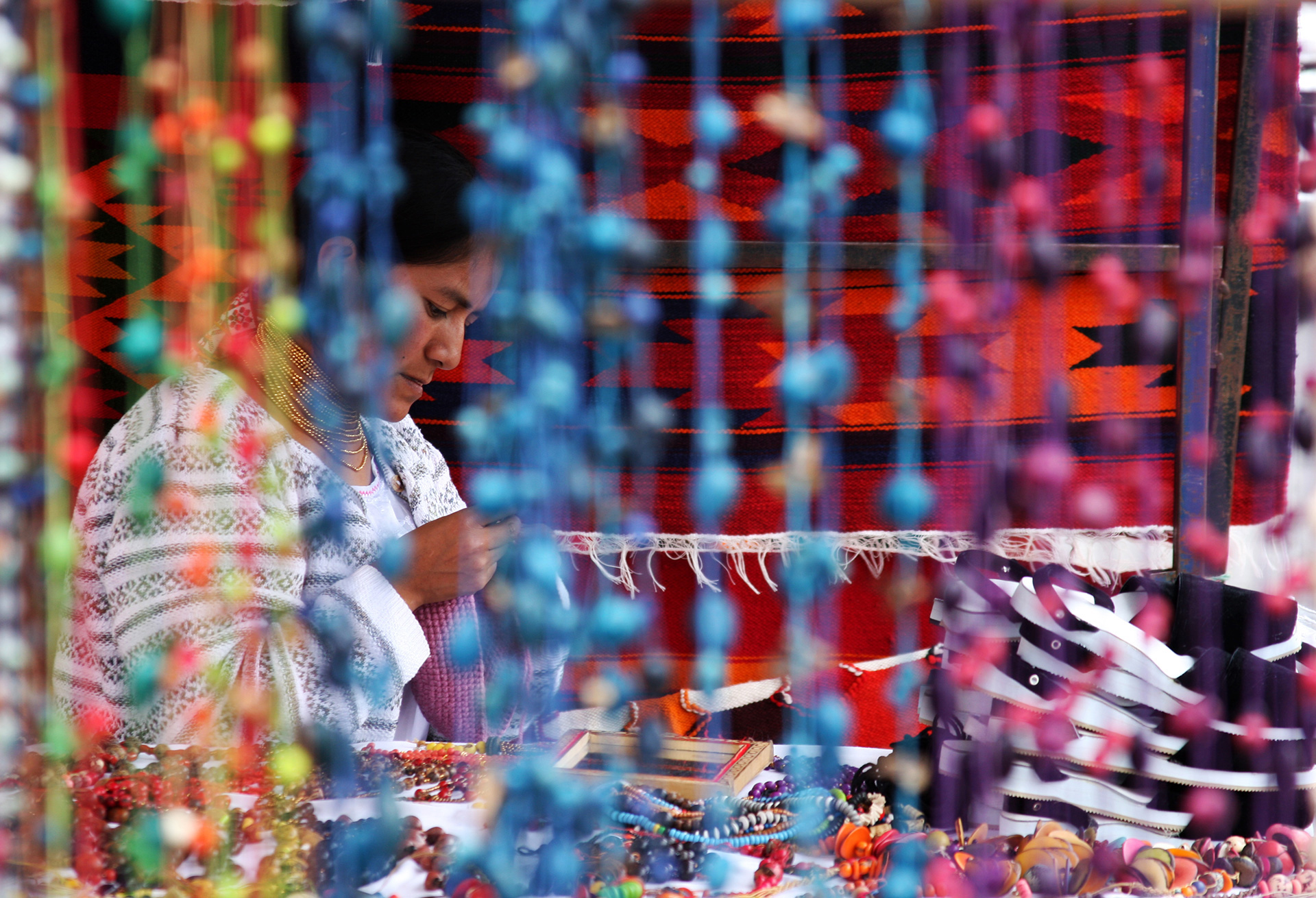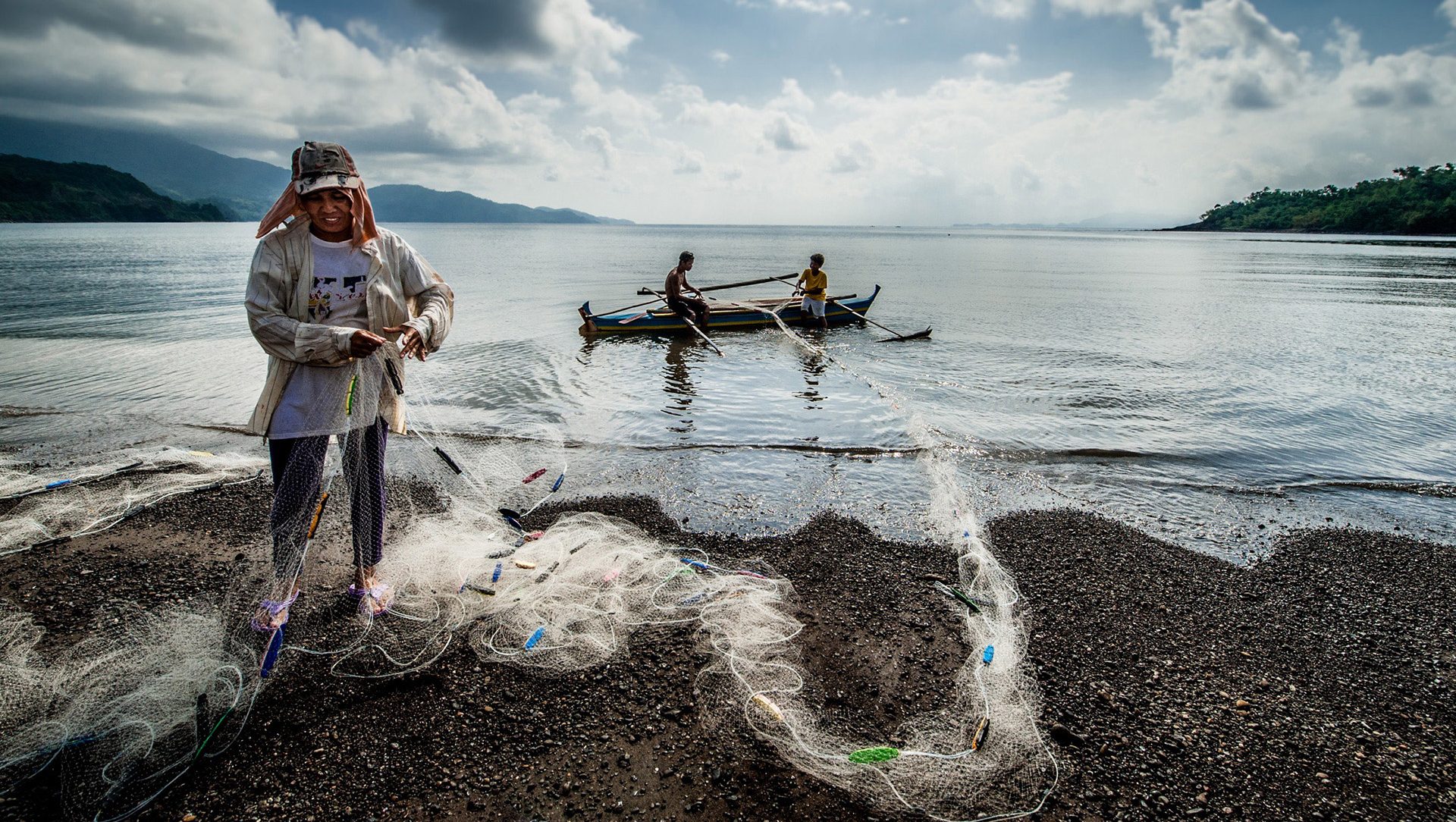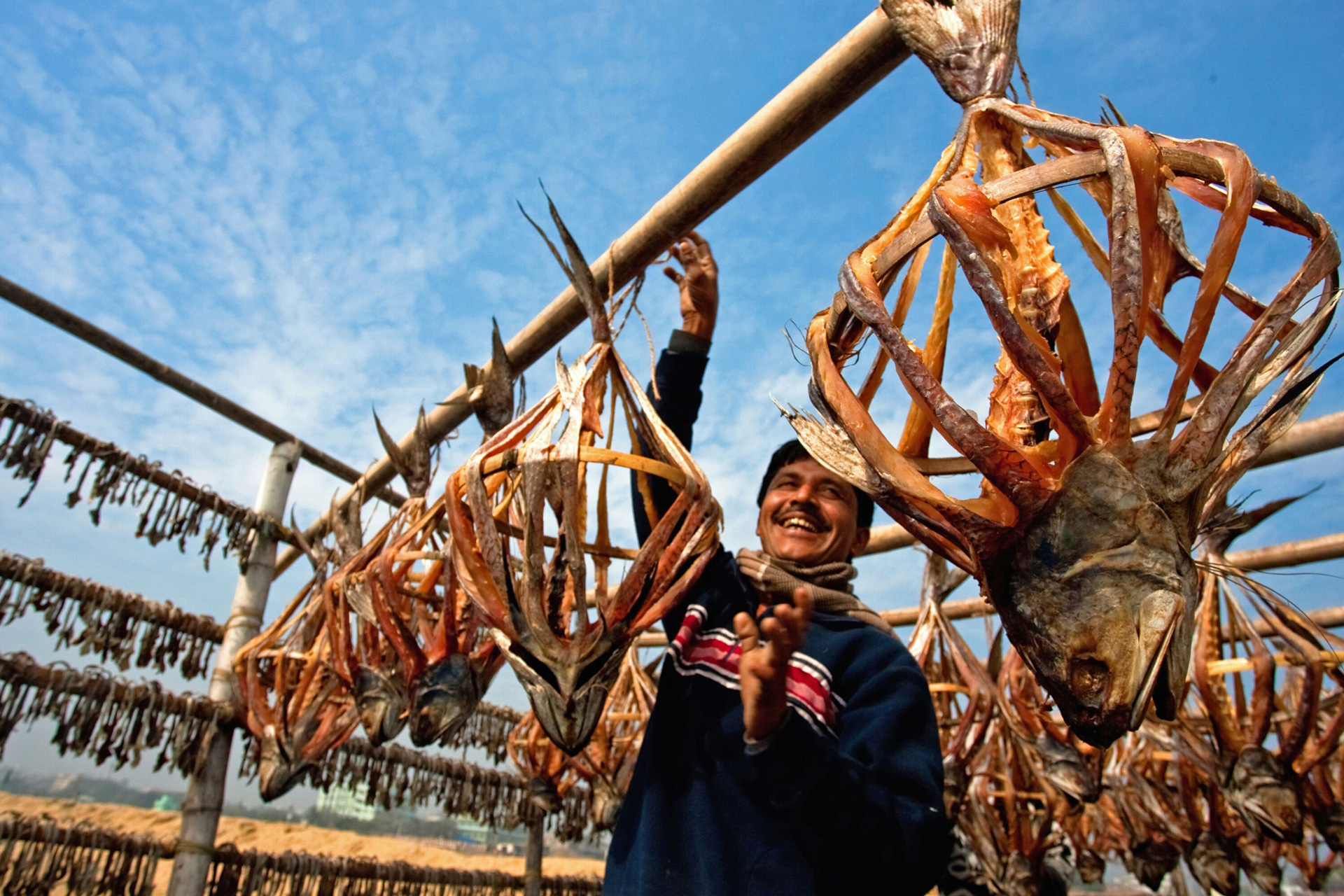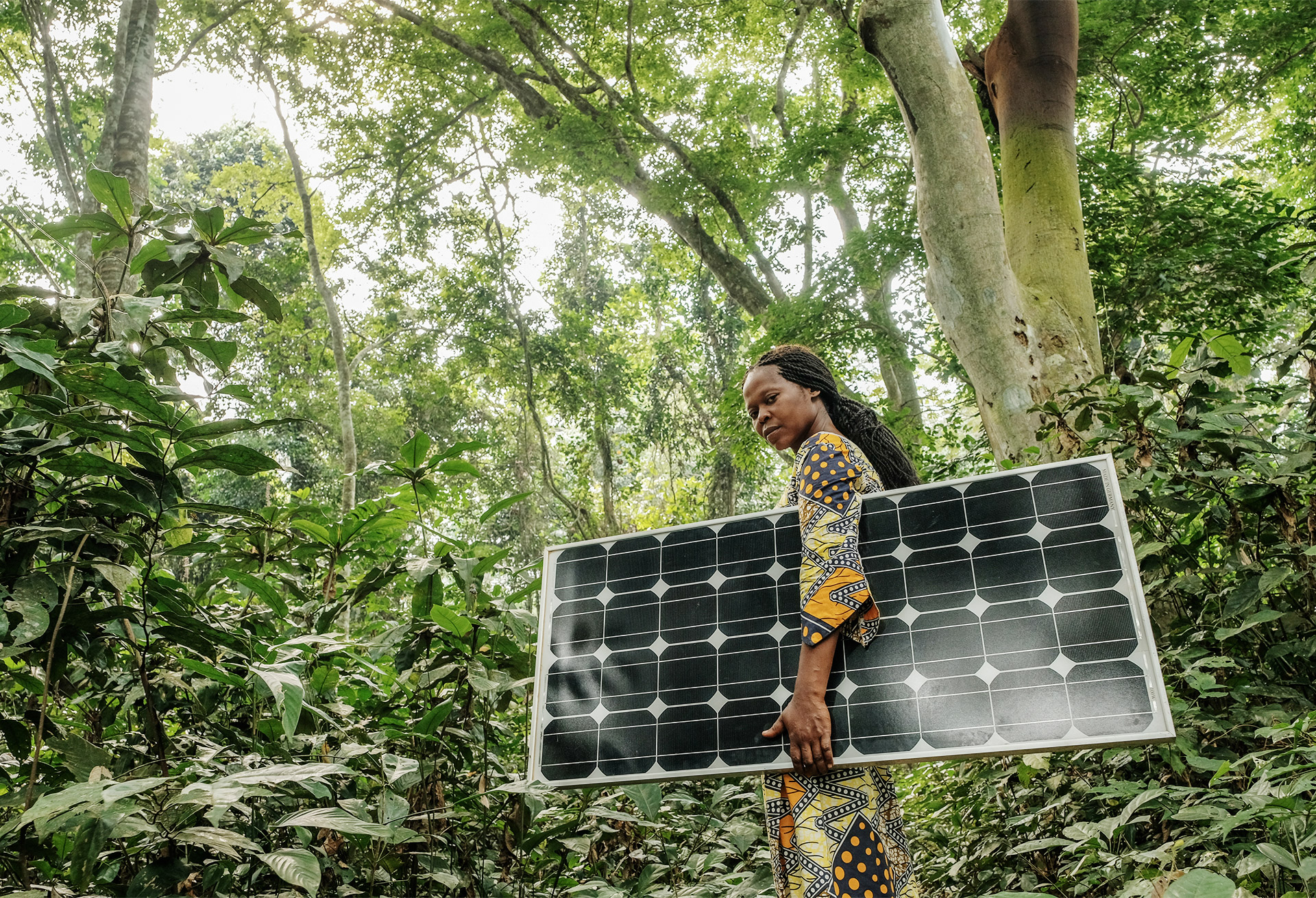Original source: FinDev Gateway
Exploring digital solutions for refugees and the unbanked in Jordan.
Digital is transforming remittances, enabling people to move their money around quickly, inexpensively and more conveniently. As we celebrate the International Day of Family Remittances, commemorating the significant contributions migrants make to their families back home and to the broader economy, an important question to ask is: How effective has this digital remittance transformation been in driving inclusive financial access and ecosystem growth?
One market where this question is most relevant is Jordan. Home to more than 600,000 Syrian refugees, Jordan hosts the second highest ratio of refugees in the world – 89 refugees per 1,000 inhabitants. A significant proportion of these refugees are women and children, with more than 80 percent living below the poverty line. This often means they are excluded from the formal financial system. Yet, a key area of opportunity is that most of these refugees use mobile phones. In fact, about 10 to 20 percent of their aid received is spent on connectivity such as airtime and data.
So to increase financial inclusion among Syrian refugees in Jordan, GIZ teamed up with Dinarak, a licensed payment service provider in Jordan, to explore digital solutions for increasing access and usage of remittances and financial services. This Dig#ttances project rolled out in 2015 and as it came to an end in early 2019, Amarante Consulting was brought in to perform a final evaluation of this public-private partnership. In our assessment, we emphasized learnings and challenges with mobile wallet uptake among the target population of Syrian refugees, women and unbanked Jordanians.
Our findings shed light on the question we asked above: how effective has digital been in promoting access to remittances and financial services and driving ecosystem growth?
Click here to read more.






